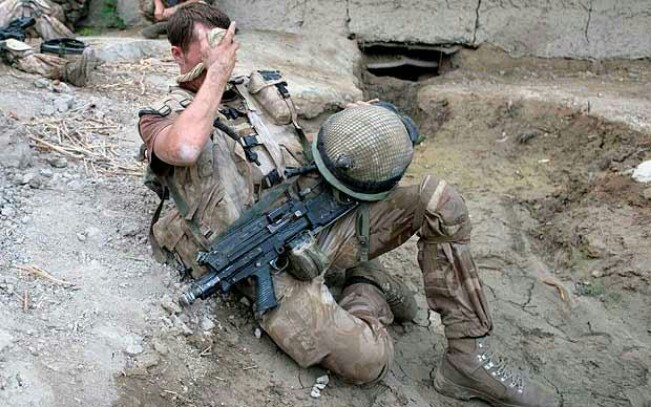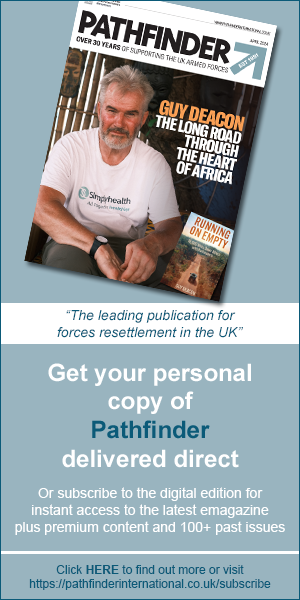Forces in Mind Trust (FiMT) and the Directory of Social Change (DSC) have released the Sector Insight: Armed Forces Charities in Scotland report, calling for more transparency about the finances and functions of Armed Forces charities in Scotland and dispelling some public misconceptions…
The report – the first to focus specifically on armed forces charities registered in Scotland, which follows on from the Sector Insight, UK Armed Forces Charities report, published in November 2014 – will help to inform Scotland’s policy direction and those working within the charity sector. It delves into the finances, purposes and functions of over 300 armed forces charities, including those that operate on both sides of the border. The report focuses on how charities in Scotland are categorized, what provision they make for their beneficiaries, and offers an overview and analysis of these charities.
Scottish armed forces charities have historically lacked the same level of publicly-availability information as charities registered in England and Wales, an issue identified by the first Sector Insight, UK Armed Forces Charities Report. FiMT and DSC concluded that further research was necessary to develop a comprehensive evidence base, and so commissioned this further report dedicated to the Scottish Armed Forces charity sector.
Together, these two reports form a body of work illuminating Britain’s Armed Forces charity sector through unique evidence, extensive knowledge and insightful analysis.
The report challenges commonly held public misconceptions that there are too many armed forces charities, as did the 2014 report that covered England and Wales. The total number of armed forces charities registered in Scotland is 320, accounting for just 1.3% of the 23,971 charities registered and operating in Scotland.
The report also identifies the difficulties of assessing cross-border charities, of which 32 are registered in Scotland, as they do not provide income and expenditure figures reliably attributed to Scotland, skewing the financial size of the sector. The report suggests that for cross-border charities, 3% of expenditure is spent on activities in Scotland, whereas 2.2% of income is generated.
Whilst it could be argued that this percentage is reflective of the Scottish population size, these figures must be treated with extreme caution. What is clear is that the financial impact of cross-border charities remains opaque and there are no current means to accurately assess the financial size of the sector. To address this evidence gap, the Report recommends cross-border charities should be required to produce separate annual reports that includes accounts detailing activities and expenditure in Scotland to signpost the investment and effect of charities’ programmes.
The report finds that that majority of income and expenditure is associated with welfare charities. Provision by charities that support ex-Service personnel and their families is primarily focused on relief in need (82.7% of all charities), with the number of charities providing support for health (16%), education and employment (13%), advice and advocacy (12.3%), and housing (6%) all providing a much needed and highly regarded service to ex-Service personnel in Scotland.
A great deal of cooperation is also observed between armed forces charities in the form of grant-making habits and collaborative effort between charities which is consistent with the rest of the UK armed forces charity sector.
Ray Lock CBE, Chief Executive FiMT says: “The aim of FiMT is to provide independent, evidence-based knowledge that can be used to influence and bring about change where needed, from policy to service delivery. The clearly detailed evidence in this report offers an important and unique insight into the armed forces charity sector in Scotland, and will provide a guide for anyone wishing to better understand the armed forces charities sector, particularly those who work in the sector such as policymakers, government officials and media organizations. We hope that the report will be a valuable catalyst to encourage further partnership working, collaboration and effective communication.”
Stuart Cole, Senior Researcher at DSC, says: “DSC is delighted to present this report, which for the first time details the armed forces charities sector in Scotland and reveals the extent of the invaluable support given to the ex-services community there. These charities provide vital help and support, without which many ex-service personnel and their families would be disadvantaged and struggle in their day-to-day lives after serving their country. We hope that the information presented in the report will provide the evidence for policymakers, the government and the charities themselves to enable them to continue and develop provision for the ex-services community into the future.”






